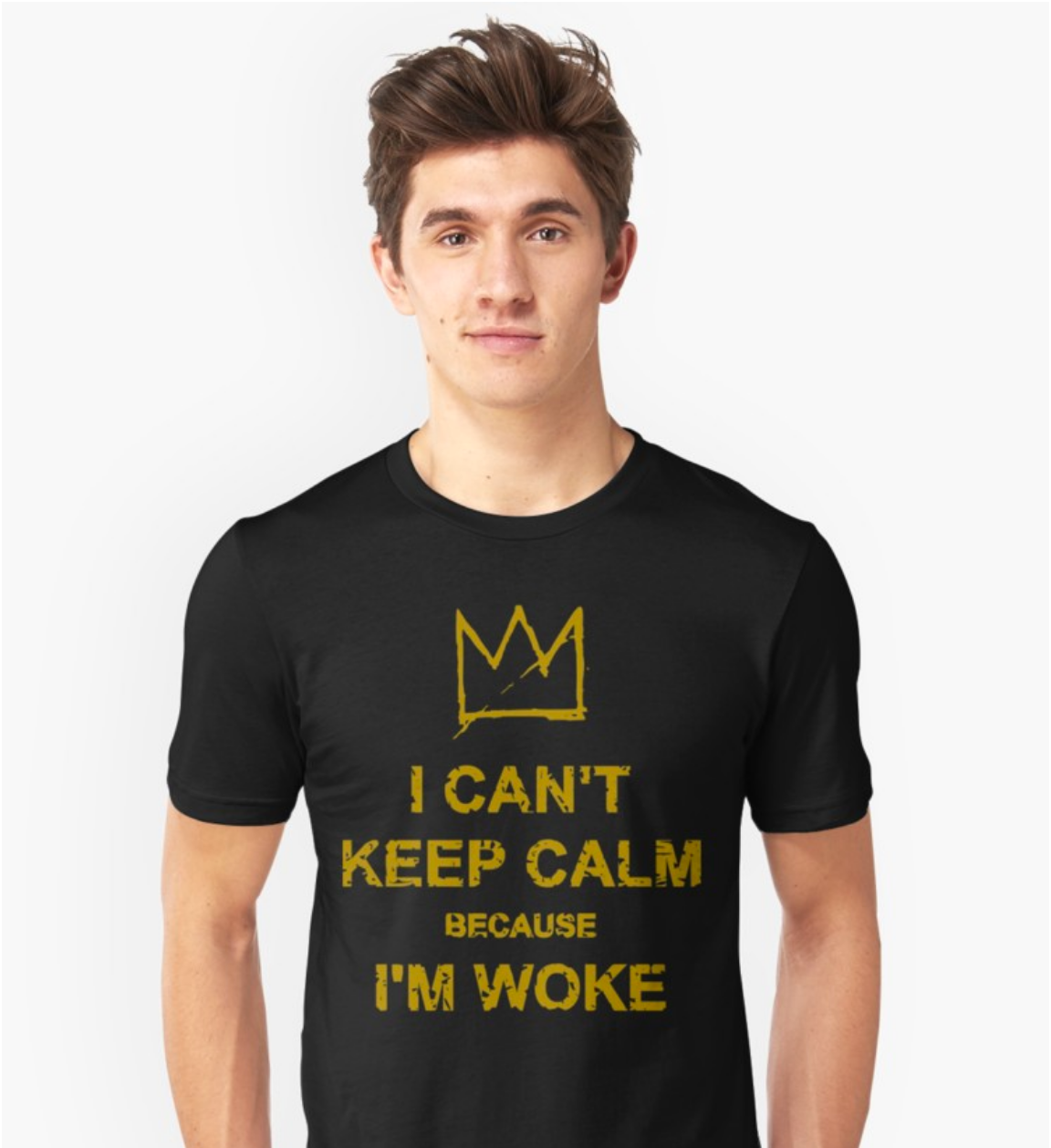
“Woke” has had a good run in the English lexicon, but its time in the sun was always tenuous. Once even one person gives themselves license to deem another woke — a neologism loosely defined as “socially and politically aware” — then what’s to stop anyone from pronouncing (or withholding) wokeness?
Case in point: if you do a quick search on the Googles, you’ll see lots of folks pronouncing Trump as woke. Only some of them are being sarcastic.
Alas, there was never going to be an Academy of Arts & Wokeness with the authority to distinguish the woke from the unwoke. And this past week, following a time-honored capitalist tradition, a corporation jumped on the bandwagon, displaying an utter lack of wokeness by being daft enough to deem itself woke.
“We’re woke. Our community is woke, and the US population is woke.”
—Lyft President, John Zimmer (2017)
That company was Lyft, which has opportunistically leapt upon its wounded adversary with the charge that they are the woke choice to the unwoke Uber. The fact that you are the marginally less exploitative option makes you woke? Brace yourself for the ad campaign. Maybe they’ve already hired Pepsi’s art director.
All of this brings to light a fascinating cycle that repeatedly gets played out in our market economy. It’s something I affectionately call the Semantic Appropriation Cycle. This is the inevitable linguistic process whereby terms or phrases imbued with inherent power are appropriated by market forces and subverted of their original meaning.

The Semantic Appropriation Cycle
- A term is coined.
- The term spreads among the early adopters, who have a shared understanding of the meaning and power of the word.
- The power of the term — its ability to compress a lot of meaning into a small space — compels people to share it with wider audiences.
- Eventually, it spreads to people who are not from the in-crowd and who no longer understand the full context of the term. They begin to use it in ways that feel off to those who began using it.
- The original users invoke mocking and satire to outwardly display that they are the ones in the know — to set themselves apart from the those not in the know.
- Finally, the term bubbles up to Main Street, and a marketer sees a branding opportunity. One term or pithy phrase with the power to define a product, a movement.
- The advertising campaign hits the mass market. People buy lots of useless crap. The word becomes utterly detached from its original context and generally takes on an opposite meaning from the original.
- The originators of the term are left penniless and bitter.
Bad Karma
An excellent example of this is “karma.” The word started out millennia ago as a Sanskrit and Pali term that had tremendous power and complex meaning for spiritual practitioners.
“This is the only woke horror movie of all time, save for ‘Night of the Living Dead.’”
—Jordan Peele (2017)
Then some hundreds of years ago, Western scholars discovered the word and starting using it in English-language writings. They started practicing yoga and meditation. “Karma” spread among the spiritual intelligentsia. It eventually made its way to the Beats. The hippies. John Lennon (and Phil Spector) went gold with “Instant Karma!” in 1970, which is woke commentary (#5 in the above checklist) on how all those unwoke people don’t understand what real karma is anymore. And then some decades later, Nike spits on Lennon’s grave by putting the song in a commercial (#6).
(Directed by David Fincher!)
And now the cycle is complete. The meaning of the original term has been subverted to sell child-labor-sweatshop-produced $100 sneakers (#7).
These days we have Credit Karma, the GoPro Karma Drone and overpriced bacteria-laden Karma water in plastic bottles. And irony-laden yoga teachers darshaning on the “true meaning” of “karma” to students in $150 buttock-compressing yoga pants.
“I stay woke.”
—Erykah Badu (2008)
Lexploitation
Some language is powerful. Other language, not so much. How much meaning can you cram into a tiny package? When we feel like we’re “on the same page,” we feel a powerful connection to that other person, even if they’re a stranger. Even if they’re speaking to us from the stage, radio, TV or Twitter.
“I been sleeping all my life. And now that Mr. Garvey done woke me up, I’m gonna stay woke. And I’m gonna help him wake up other black folk.”
—Barry Beckham (1971)
When language is imbued with this inherent power to connect, the market hunts it down. Puts it to work. Harnesses the inherent energy to do the heavy lifting. Works it to the bone. Abuses and debases until it’s stripped of value. Until it finally turns on itself and takes on a fundamentally opposite meaning from the original.
According to Oxford Dictionaries, the earliest appearance of “woke” in its current, figurative meaning was in 1962.
“If You’re Woke You Dig It”
—William Melvin Kelley (1962)
It’s a powerful word on many levels — not just because of the extensive meaning it packs into four letters and one syllable, but also because it serves as a clever bypass of saying “awake,” “aware,” “conscious,” “self-aware,” “enlightened” or any such terms that have been thoroughly debased and long-rendered useless for seriously describing anyone or anything.
Now, with the added rocket fuel of social media, we’ve launched into a new era of linguistic hyper obsolescence. The only defense, I think, is a commitment to longer, more complex ideas that can’t be distilled into marketing slogans. Concepts that take deeper and involved engagement. But a constant stream of clever memes is way easier, so whatever.







